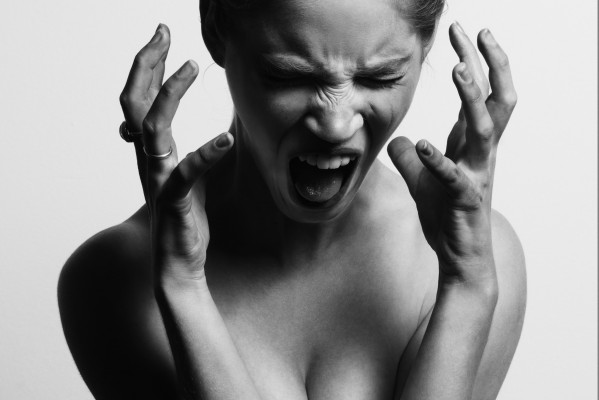Anxiety

Article written by Dr Ruth Dyson
Definition
Anxiety is a normal emotion which in some situations can even be helpful but for many people anxiety and stress become excessive or abnormal and start to impact on wellbeing. There are a number of disorders where anxiety is the main symptom including generalised anxiety disorder (GAD), panic disorder, post traumatic stress disorder (PTSD), agrophobia and social anxiety disorder. Anxiety often co-exists with depression and can be a feature of many physical health problems. At a lower level it may be experienced as chronic "stress". There are many factors in our modern lifestyles that pre-dispose us to developing stress and anxiety and the prevalence is increasing. In a survey covering Great Britain, 1 in 6 adults had experienced some form of ‘neurotic health problem’ in the previous week (1)
Signs and symptoms
The symptoms and signs of anxiety arise when the body's "fight or flight" response is triggered and can include
- Shortness of breath
- Chest tightness
- Dry mouth
- Butterflies in stomach
- Nausea
- Urge to pass urine/empty bowels
- Tremor
- Sweating
- Pins and needles
- Racing heart
- Inner tension
- Agitation
- Fear of losing control
- Dread that something catastrophic is going to happen
- Irritability
- Feelings of detachment
While this response is adaptive if you need to run away from danger, when it is being triggered frequently or persistently, it can have a very negative effect on the mind and body. Chronic high levels of stress affect all the systemts of the body and increase the risk of many chronic diseases.
Investigations
While there are some diseases which can mimic the anxiety response often it is clear that the underlying cause for the above physical symptoms is due to anxiety and no specific tests are needed to diagnose the condition.
What practitioners can I see about this condition?
Identifying any underlying causes and taking a holistic approach to looking after mind and body can help to alleviate anxiety disorders. Using Hypnotherapy with Dr Ruth Dyson or taking a Functional Medicine approach with Dr Mishanina, Dr Ridsdale or Dr Owen may be helpful.
Follow up
After you initial consultation, we recommend that you have regular check-ups to monitor your symptoms and response to interventions.The number of sessions will depend on the underlying causes and response to treatment.
Multidisciplinary approach
Depending on your needs, your care may be shared with other practitioners at the natural practice or elsewhere.Whenever you permit us, we will write to your GP to ensure they are aware of our recommendations and follow up arrangements.
Further support and information can be accessed here
- www.mind.org.uk
- www.anxietyuk.org.uk
- www.nopanic.org.uk
- www.sane.org.uk
- www.youngminds.org.uk
- www.nhs.uk
References:
(1) Office for National Statistics. ‘Surveys of Psychiatric Morbidity in Great Britain. Report 1 – THe prevalence of psychiatric morbidity among adults living in private households.’ The Stationery Office. 1995